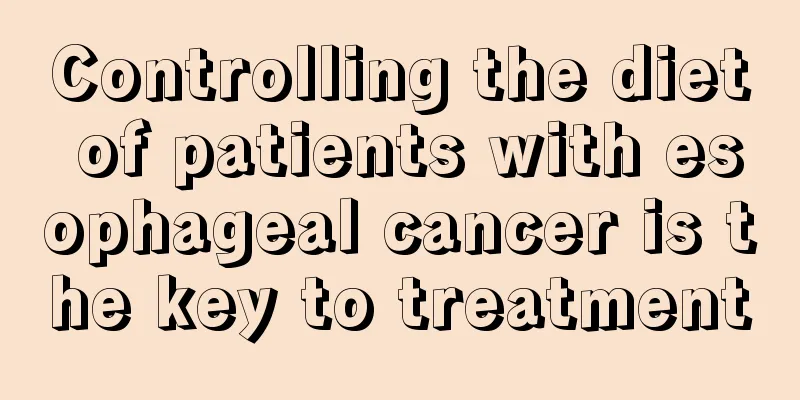What to do with abscess

|
The formation of perianal abscess is more common in young and middle-aged people aged 20 to 40, especially male patients. It often causes patients to experience discomfort and heaviness in the anus, or symptoms of redness, swelling and fever. Patients must pay attention to active exercise, strengthen their physical fitness, and pay attention to the cleanliness of the anus. 1. Actively exercise, strengthen physical fitness, promote blood circulation, enhance local disease resistance and prevent infection. 2. Keeping the anus clean, changing underwear frequently, and cleaning the anus after defecation are effective in preventing infection. 3. Dietary care: Diet plays an extremely important role in the treatment and recovery of anal abscess. Advise the patient to avoid smoking, drinking and spicy food. It is advisable to eat a nutritious, light, low-residue, and easily digestible diet. Eat more vegetables, fruits and melons to prevent constipation. Avoid overwork and take Chinese medicine to moisten the intestines and promote bowel movements to help you recover as soon as possible. 4. Change bad habits: reading newspapers and books while going to the toilet can easily cause anorectal diseases; people who stand or sit for a long time or suffer from long-term constipation should avoid overeating and eating greasy and spicy foods. 5. Avoid sitting in wet places for a long time to prevent the anus from getting cold and wet, which may cause infection. 6. Preventing constipation and diarrhea is important for preventing the formation of perianal abscess and anal fistula. 7. Fruits are indispensable in our lives, and the same is true for friends with perianal abscesses. However, we must be selective when eating fruits. We should choose fruits such as watermelon, apple, pineapple, orange, pear, etc. Because they all have the effect of moisturizing the intestines and promoting bowel movements. 8. Actively prevent other anorectal diseases, such as anal sinusitis, anal papilla hypertrophy, anal fissure, inflammatory hemorrhoids, proctitis, etc. Timely, correct and effective treatment can avoid and reduce the occurrence of perianal infection, abscess and anal fistula. |
<<: Treatment and nursing methods for sequelae of cerebral infarction
>>: What are the sequelae of cerebral thrombosis?
Recommend
Is gastric mucosal edema serious?
If our gastric mucosa is edematous, it is a serio...
What are the foods with the lowest calories
Many people have obesity problems, mainly because...
Several common symptoms of gastric cancer
Gastric diseases are very common in life, and gas...
Is it better to run in the morning or in the evening?
Nowadays, many people have the habit of running a...
What are the treatments for nasopharyngeal carcinoma
In recent years, nasopharyngeal carcinoma has bec...
Should I use hot or cold water to apply to swollen eyes?
If your eyes are swollen, you must pay attention ...
Can patients with lymphoma get pregnant?
It is best not to get pregnant, because pregnancy...
How can women prevent cervical cancer? Prevention methods for cervical cancer
In medicine, cervical cancer is usually one of th...
I feel like there are bugs moving in my anus. What's going on?
We eat whole grains every day and are under great...
How to effectively treat mild cerebral thrombosis?
Patients with mild cerebral thrombosis must of co...
What are the pros and cons of having a cochlear implant? Is it good to have a cochlear implant?
If you have lost your hearing for various reasons...
Pain in the 45th vertebra
The human spine is composed of multiple joints an...
What is stomach flu
Cold is perhaps the most common disease in our li...
Tips for practicing Dantian for singing
Everyone likes to learn to sing, but they will fi...
What are the risk factors for lung cancer
Lung cancer has a huge impact on our body, so wha...









